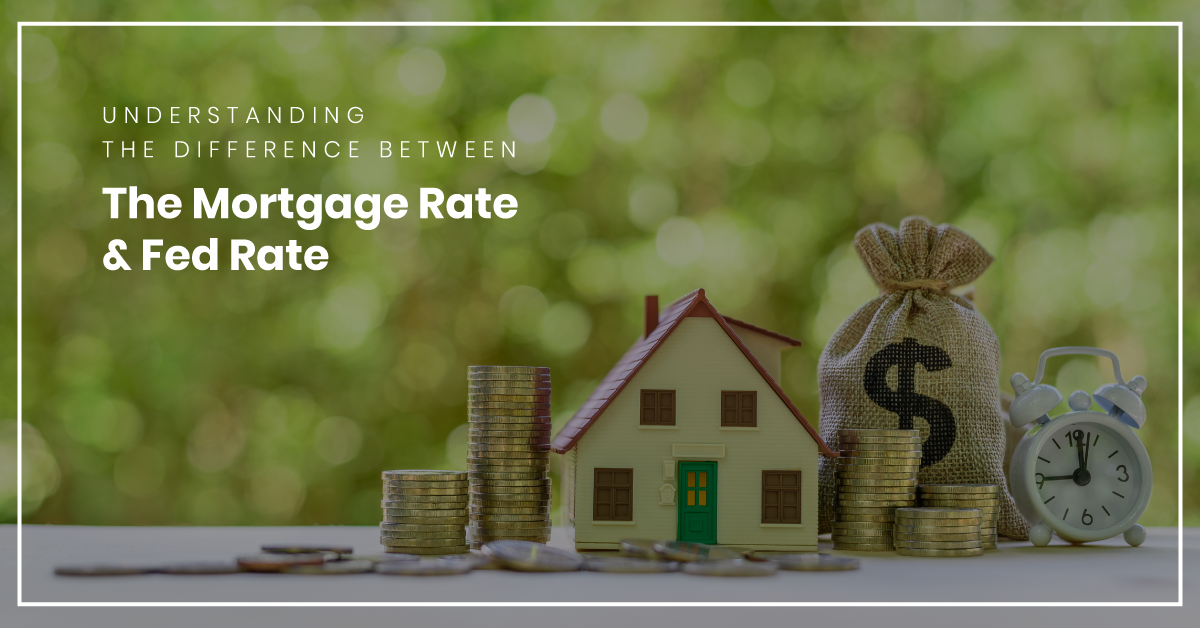On Sunday, March 15, 2020, the federal government cut the federal interest rates down to zero percent. This is the second federal rate cut in response to the Coronavirus crisis. Mortgage rates are not directly tied to the federal interest rates. However, the mortgage interest rates will be affected by moves that investors make and other factors.
Federal Rates Cuts and Other Economic Stimulation Activity
The government is fearful that the economy will fall into a deep recession if they don’t make moves to stimulate it. That’s why they lowered the federal interest rates to zero. There is more economic stimulation legislation that should help during this COVID-19 crisis, as well.
Bonds and Other Safe Assets
Many investors have been buying bonds and other safe assets as a result of the federal interest rates cut. The 10-year Treasury note has been pushed to new lows.
Quantitative Easing Program
The government has also initiated a $700 billion program to help ease some of the economic hardship that Americans are facing. Part of this program, the federal government’s Coronavirus Aid, Relief and Economic Security (CARES) Act, states that all adults will receive $1,200 and an additional $500 for each child. They are currently finalizing the details on how to distribute this money to the American people.
Emergency Lending
They have also cut emergency lending rates to .25 and have extended loan terms to 90 days. This will help in an emergency.
Stock Prices
Stock prices are falling at record speed. They should recover long-term; however, people may need to cash them in and tap into their investments just to pay day-to-day living expenses. Hopefully, the money people will receive from the easing program will be spent and put back into the economy to help.
Foreclosures and Evictions
The federal government has passed legislation that foreclosures and evictions cannot be filed for now. This will help homeowners and tenants keep their homes during these trying times.
Student Loans
The federal government is also being more lenient with student loans. They originally stated that students would pay interest only and not have to keep paying down their principle. Now they are stating that no federal student loan payments are required until further notice.
Credit Cards
Cutting the federal interest rate should also make credit card interest rates go down. Americans are advised to call their credit card companies to see if their interest rates have been lowered.
What’s Happening to Mortgage Rates?
Mortgage interest rates have fallen to historic lows. The economic activity indicates that mortgage interest rates will fall even more. The mortgage rates are typically tied to the 10-year Treasury note. The hope is that people will still purchase houses. The real estate industry has been deemed an “essential” industry during the Coronavirus pandemic. The 2020 spring real estate market started off strong in January, February and the beginning of March. Now, with many “stay at home” orders in place it has slowed down. There are still many people who have to find a place to live or sell their homes for one reason or another.
First Time Home Buyers
The group of millennials that are now turning 30 years old, make up the largest percentage of first time home buyers. These people tend to take more risks. They are out on the front lines purchasing homes at great mortgage interest rates right now.
Investors
This is a great time for investors to add to their real estate portfolios. Money is extremely cheap to borrow right now. Also, rent prices continue to increase.
Adjustable-Rate Mortgages
Adjustable-rate mortgages (ARMs) are the most closely tied to the federal interest rate cuts. Most variable rates are tied to the prime or London interbank offered rate (LIBOR.) This means that the people who have variable interest rates will see reductions to their mortgage bills.
The government is hopeful that the emergency cuts in the federal interest rates and the historically low mortgage interest rates will stimulate the economy and keep the United States from a recession. The government and banking is working hard to ensure that the COVID-19 pandemic doesn’t economically affect Americans in the long run.

